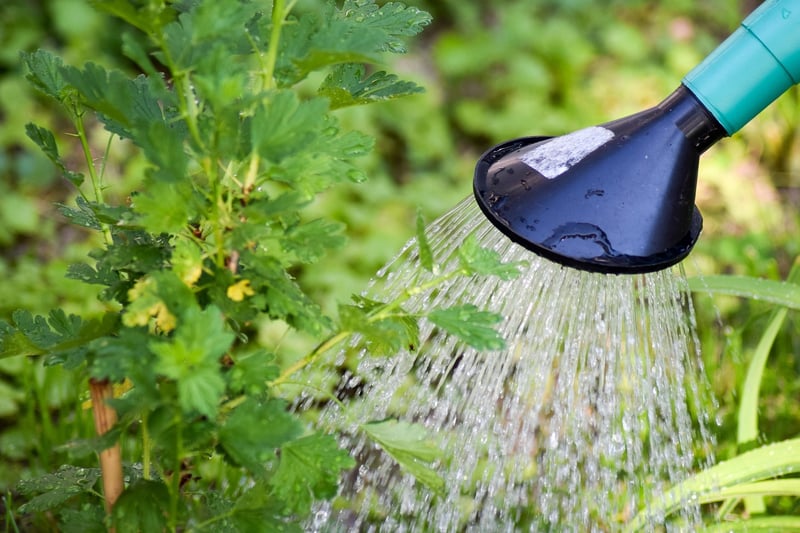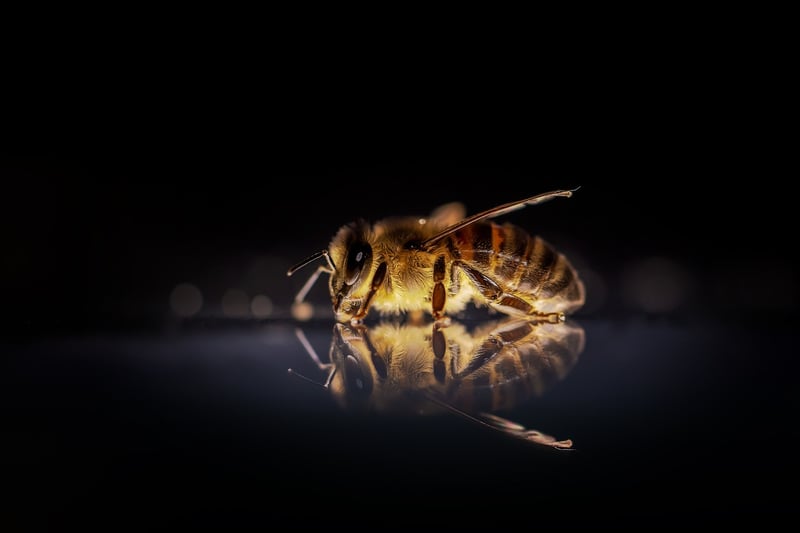Pollinator-friendly methods
Eco-Friendly Gardening and Pollinator-Friendly Methods

The Importance of Eco-Friendly Gardening
Eco-friendly gardening is not only beneficial for the environment but also for your health and well-being. By adopting sustainable practices in your garden, you can reduce waste, conserve water, and create a thriving ecosystem for plants and wildlife.
Key Principles of Eco-Friendly Gardening
- Use organic fertilizers and pesticides
- Compost kitchen scraps and yard waste
- Conserve water through mulching and drip irrigation
- Plant native species to support local biodiversity
- Avoid synthetic chemicals that can harm beneficial insects and pollinators
Pollinator-Friendly Methods
Pollinators play a crucial role in the garden by facilitating the reproduction of plants. By creating a pollinator-friendly garden, you can attract bees, butterflies, and other beneficial insects that help pollinate flowers and increase fruit and seed production.
Tips for Attracting Pollinators
- Plant a variety of nectar-rich flowers such as lavender, sunflowers, and coneflowers
- Provide shelter for pollinators with bee hotels or butterfly houses
- Avoid using chemical pesticides that can harm pollinators
- Include host plants for caterpillars of butterflies and moths
- Allow some areas of your garden to grow wild to provide habitat for pollinators
By incorporating eco-friendly and pollinator-friendly methods in your gardening practices, you can create a beautiful and sustainable outdoor space that benefits the environment and supports local wildlife.

Remember, every small step towards sustainable gardening makes a difference!
